Running 50 kilometres, climbing and descending over 2400 meters along rugged, pristine, but challenging trails through the Blue Mountains. This is Ultra Trail Australia.
To many people, an ultramarathon through the mountains may sound completely crazy, but I could not be more excited to race Ultra Trail Australia. This race has been a dream of mine ever since I got into the world of trail running, and many months of hard work, planning, and preparation have gone into this single race.
Training for an ultramarathon, as you might expect, involves a lot of running. On an average week, I aimed to run about 50 kilometres, spread across 4-5 different runs. Every week was different, and each run had a different focus. For example:
- Short fast runs up and down stairs or steep hills to build strength
- Short distances (i.e. 4 x 1-2km) run at a fast pace to improve my speed
- Runs along flat terrain to focus on good form and technique
- Long runs – anywhere between 16 and 25k – to train endurance, and to get the feel of what it’s like to be out on the trails for hours at a time.
Injuring my ankle in January was not an ideal part of my preparation, and I was unable to run for over 10 weeks. To keep up my fitness I replaced running with swimming laps at the pool, cycling my bike, and increased my Pilates sessions. When I could start to run, I had to build back into my training gradually. I had to run within my body’s limits, and slowly build my strength and capacity to cope with bigger and harder training weeks as I got closer to race day.
I have always believed that you have to be fit and strong to run, and just running is not enough. I did three to four equipment-based Pilates sessions a week, that had a strong focus on leg strength (quads, calves, glutes and hamstrings) as well as a lot of core strength and flexibility. Pilates also helped my body get moving and feeling great after heavy running sessions.
Training for such a big goal has needed a lot of motivation, consistency, and commitment. It has been many early morning alarms, getting out of bed when it’s dark and cold, pre-work or late night runs, tough gym sessions, and often making myself turn up and finish my sessions, even when I didn’t feel like it. However, all the hard work will be worth it when I’m standing at the start line, knowing I’ve had the best preparation that I could have had. All that’s left to do now is get out there and enjoy the adventure.
[x_author title=”The Author”]
[x_share title=”Share this Post” facebook=”true” twitter=”true” google_plus=”true” linkedin=”true”]
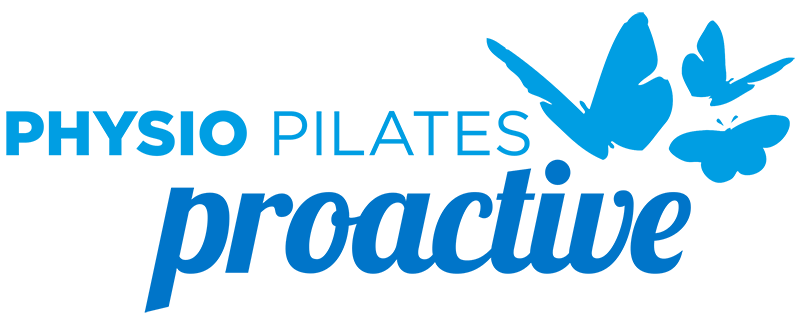
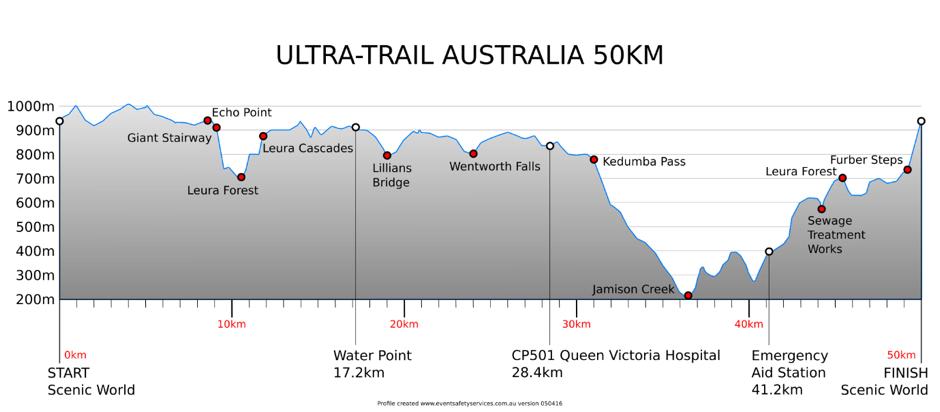
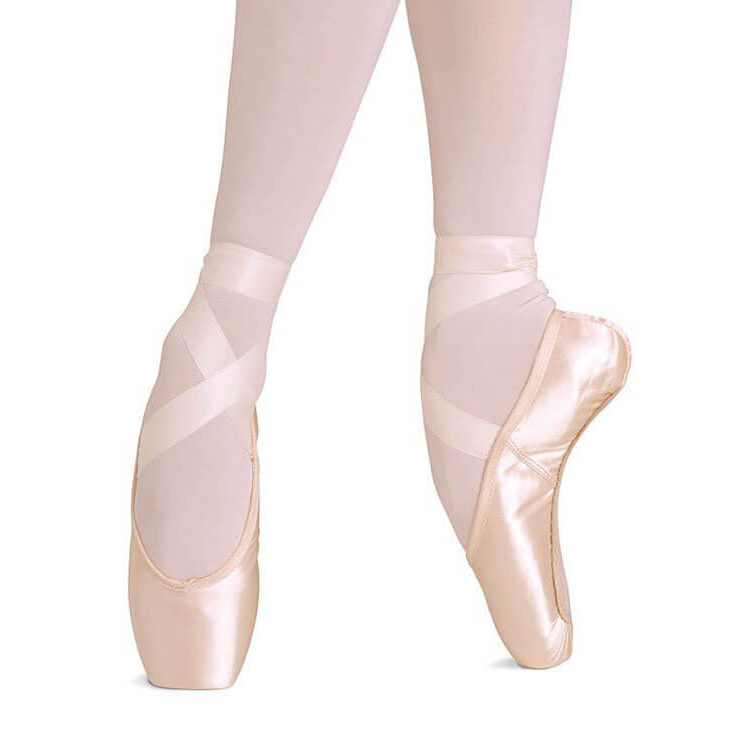
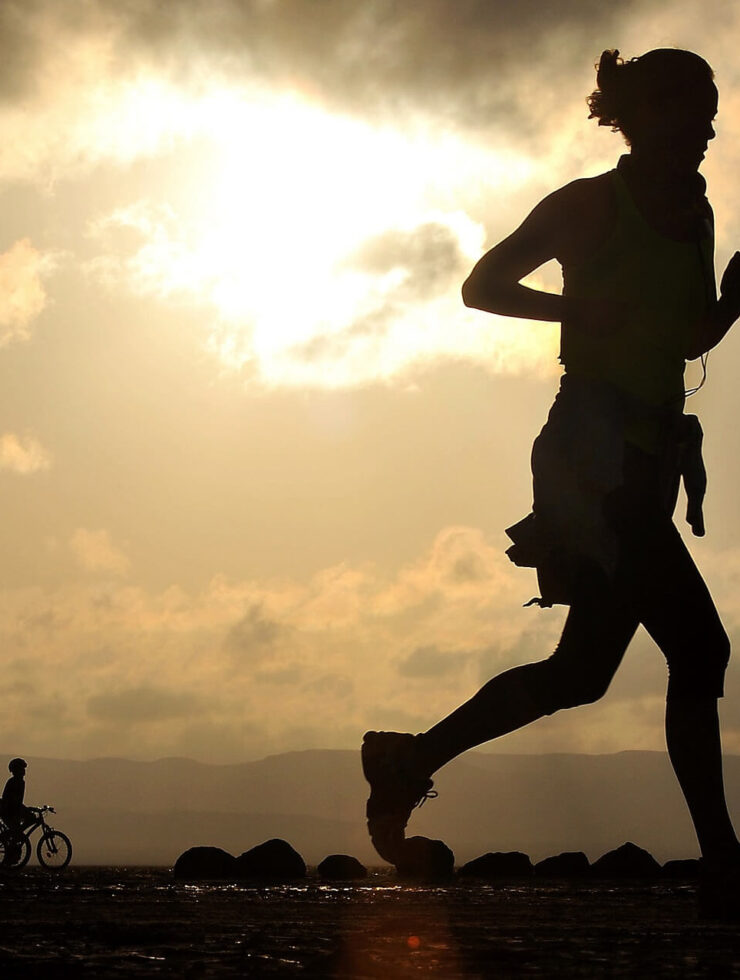
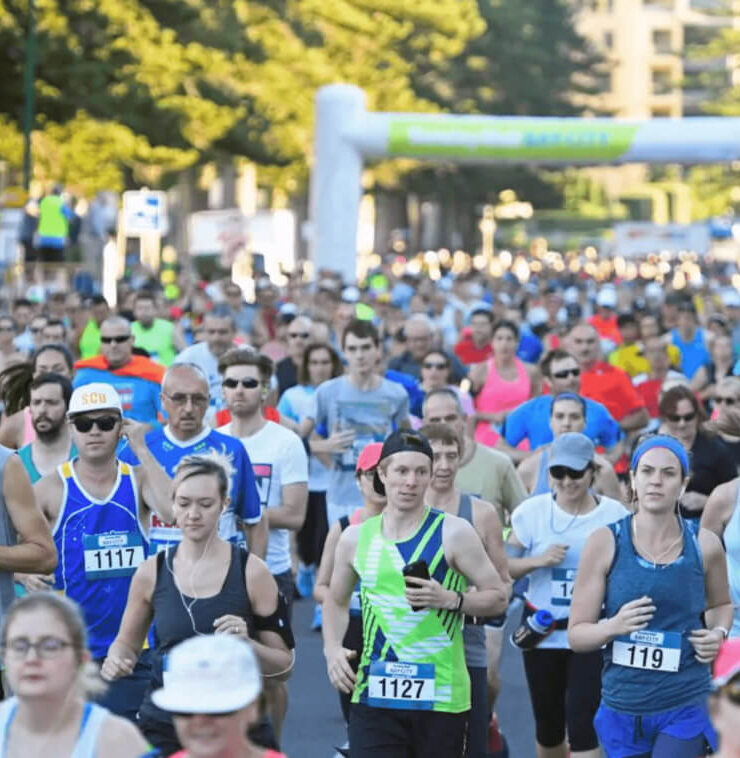
Good luck Vicki!!
Wow, am in awe of u ! … & after the ankle injury too! Good luck, have fun & enjoy. regards, Richard Green (Parkside)
You are our inspiration Vicki – go well!